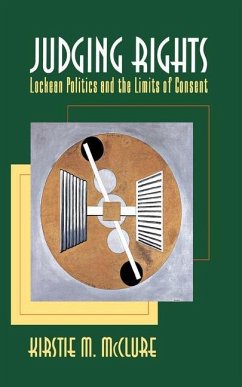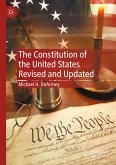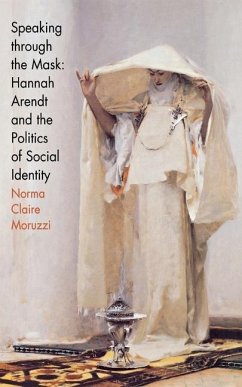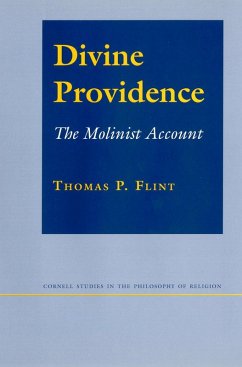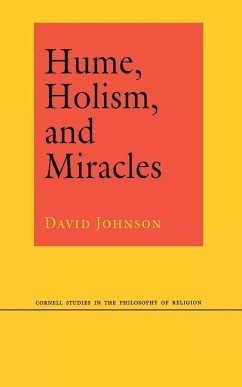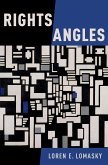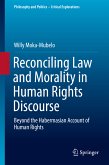Kirstie McClure offers a major reinterpretation of John Locke's thought that is important not only for the light it sheds on Locke, but also for the questions it raises about liberalism and rights-based theories of politics. Sensitive to the range of interpretative and political issues that Locke's work raises, McClure's analysis is impressive for its balance and subtlety, and for her command of the enormous literature on Locke.
Between the Restoration and the Glorious Revolution, between Two Tracts on Government of 1660 and Two Treatises on Government of 1690, Locke subjected the idea of civil power to increasing scrutiny. In one generation, he moved from supporting order for its own sake to defending resistance, and ended with a profoundly modern epistemology. McClure suggests that Locke's concepts of government by consent, equality, rights, and the rule of law were embedded in his theistic cosmology.
While Locke may well have been a constitutionalist, his theoretical concerns were far broader than any legal or constitutional interpretation of his work might suggest. To make this claim, she explains, is to deny neither the significance of "rights" nor the importance of institutions and consent in Locke's theoretical production. Rather, it is to insist that such themes are merely parts of a more comprehensive theoretical project, the focus of which, bluntly stated in the Second Treatise, was "to understand Political Power right."
Between the Restoration and the Glorious Revolution, between Two Tracts on Government of 1660 and Two Treatises on Government of 1690, Locke subjected the idea of civil power to increasing scrutiny. In one generation, he moved from supporting order for its own sake to defending resistance, and ended with a profoundly modern epistemology. McClure suggests that Locke's concepts of government by consent, equality, rights, and the rule of law were embedded in his theistic cosmology.
While Locke may well have been a constitutionalist, his theoretical concerns were far broader than any legal or constitutional interpretation of his work might suggest. To make this claim, she explains, is to deny neither the significance of "rights" nor the importance of institutions and consent in Locke's theoretical production. Rather, it is to insist that such themes are merely parts of a more comprehensive theoretical project, the focus of which, bluntly stated in the Second Treatise, was "to understand Political Power right."
Dieser Download kann aus rechtlichen Gründen nur mit Rechnungsadresse in A, D ausgeliefert werden.

